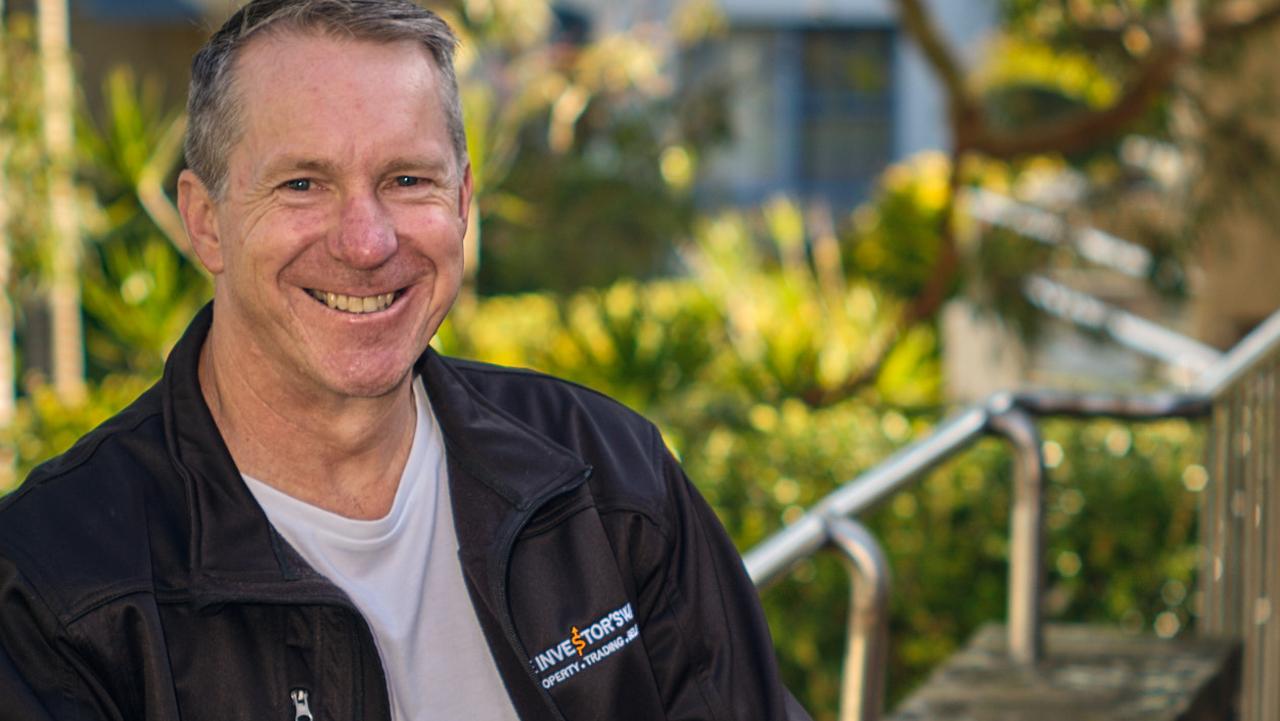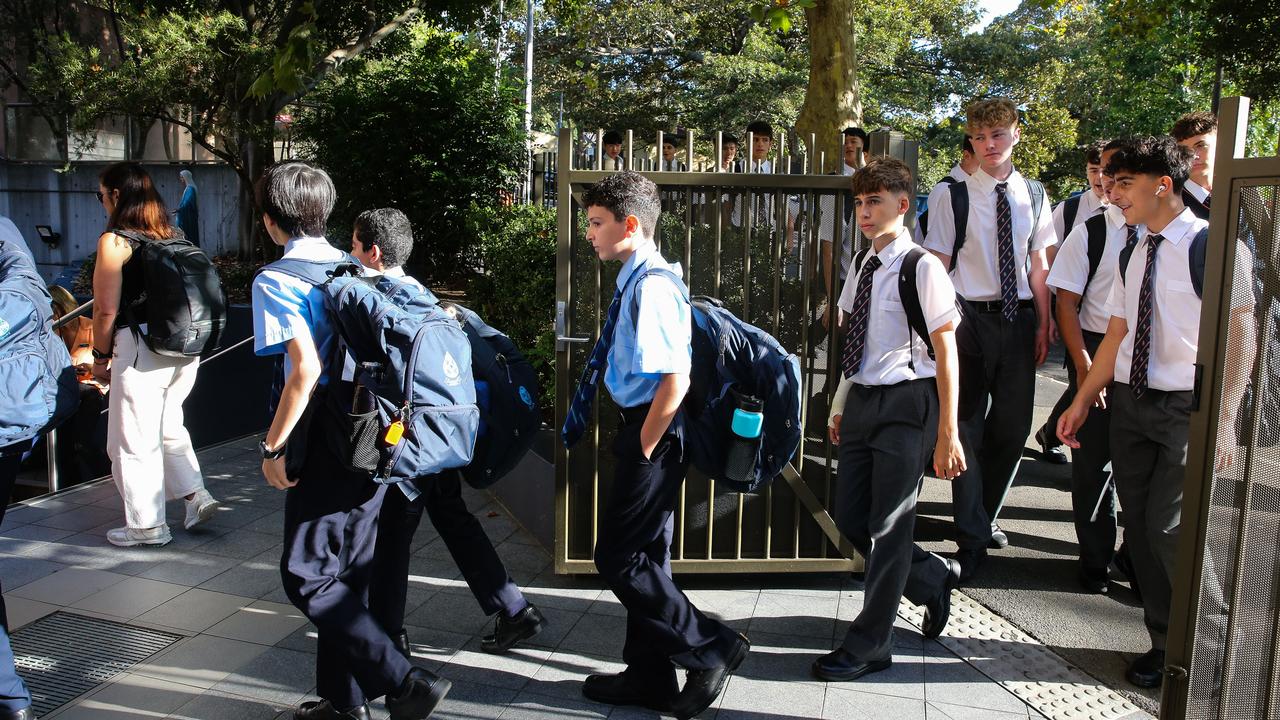Extreme ways Aussies are saving money are revealed as cost of living continues to bite
As the cost of living continues to hurt everyday Australians, some have turned to desperate measures to save money.

Young Aussies are reusing teacbags and splitting sponges as the cost of living and supermarket prices continue to rise.
Many Gen Z have turned to creative ways of saving cash, including an faking illness to miss out on birthday parties and nights out.
Groups of young people are also leaning on friends and family the most when it comes to “borrowing” items and eating meals, while doing laundry at their parent’s home, according to the survey commissioned by TopCashback.
Some have become giveaway masters, as 40.2% said they will enter free product competitions like it’s their full time job.
Others have become very climate-friendly, with 33.1% saying they often up cycle gifts and pawn them off to others.
Many are currently using watered down toiletries, with 30.8% adding water to shampoo and soap bottles so they can maximise usage.
30.2% of Aussies have already become retail experts, and will check out stores at the end of the day to bag freebies and sale items.
This comes as cost of living pains with household essentials continuously getting more expensive despite inflation slowing.

Founder of The Investor’s Way and expert wealth manager Andrew Woodward said Aussies are being “pushed to the brink” when it comes to managing their money, and are now doing “whatever is possible to keep a roof over their head”.
Mr Woodward said he thinks there isn’t “any problem with people looking at ways to get their monet to go further so that they can squeeze more out of it”.
“One of the things that blew me away about this research was … 45% of people are looking at those cash rebate type schemes and recycling empty cans or using their spending to get cash rebate,” he said.
“I don’t have a problem with people doing that because the more money that people can get in, keep in their pockets and put towards their future self, the better.
“Because unfortunately, in this country, less than 5% of the population will retire with enough money or assets for the lifestyle that they want, and that comes down to not doing enough soon enough.”

However, Mr Woodward has seen first hand how many can corrode relationships.
“I had a lot of people come to me after their relationship has broken up, and one of the reasons it’s broken up is because of differing opinions on how to manage their money”.
Mr Woodward said budgeting won’t save these relationships, but preventing overspending through other methods may ease the pressure.
“I use the analogy of diets … people go to the effort of putting their diet in writing or their budget in writing, but they don’t really then create an environment for success.
“I teach people how to have a plan for your money that is automated so that your money is where it needs to be when you need it to be there.”





